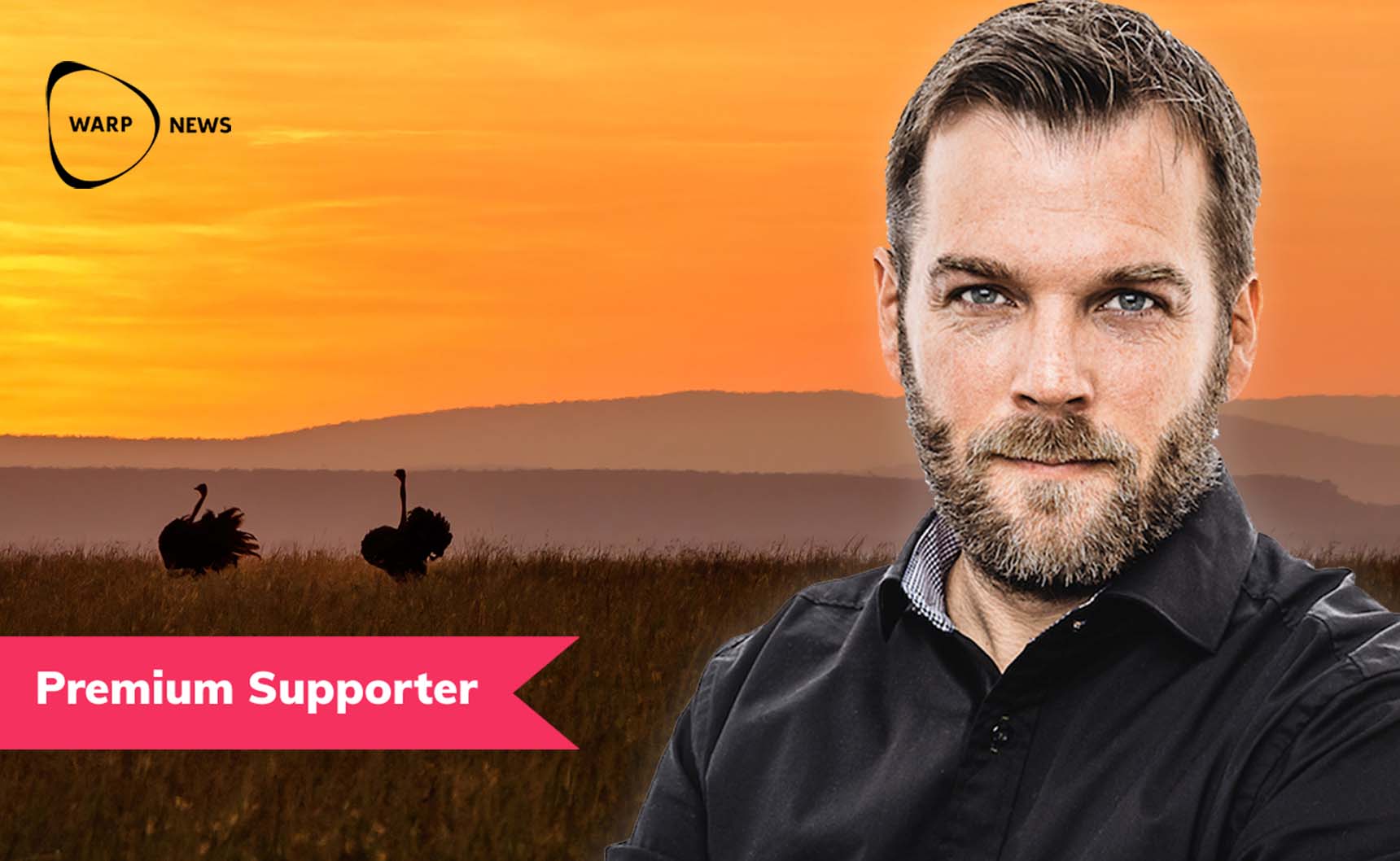✍🏼 Essays
Every week you get a thought-provoking essay on how you can understand and create the future.
💬 Confessions of a pessimistic optimist
When Kelly Odell was first asked to contribute to Warp News, although not trying to show it, his reaction wasn’t 100% positive. In this column, he explains why.
💡 Being optimistic does not mean what you think it means
An image of an ostrich with its head in the sand. Someone who is constantly late. Someone else who is considered gullible and naive. None of this has anything to do with optimism, writes Magnus Aschan, Editor-in-Chief of Warp News.
🛰 The Value of Space Exploration
Those who think the new space race is about billionaires wasting money have no clue about the value of space exploration. The future of humanity is out there, writes Alexander Engelin.
💬 Why we must begin to understand the really big and the really small
Paradoxically, it is the evolution that has brought us here. Because we humans live in a kind of middle world. We have a hard time grasping that which is really big, slow, small, and fast. Now is the time to change that.
💬 When things go South – it is time to celebrate
For every successful solution, there are a thousand unsuccessful. Laws, bad luck, clumsiness, or pure idiocy made them fail. But we should also celebrate the bad ideas, writes Magnus Aschan.
💬 Things were better before – weren’t they?
With nearly eight billion people on the planet, there are always people whose current situation is not good, and they may well have had it better in the past. But on a macro level, there is no question about it – we have never had it better, writes Kelly Odell.
💬 Now is the time to reap the benefits of digitalization
The pandemic isn't all bad. In terms of work, we now see many benefits with becoming increasingly digitalized: more productive, less sick, and more equal. Let's not let this slip away by bringing back the old normal, writes Anna Rennéus Guthrie.
🌎 The near-death experience of the multiverse
The fine-tuning irritates the prosaic. But still, it can be found everywhere in physics. Do you know about the fine-tuning that enabled the creation of the multiverse?
💬 The Real Danger is Pessimism
Being optimistic is not about turning a blind eye to difficulties, but focusing on how they can be solved. That is how the good forces emerged victorious from one of history's darkest moments, writes Magnus Aschan.








